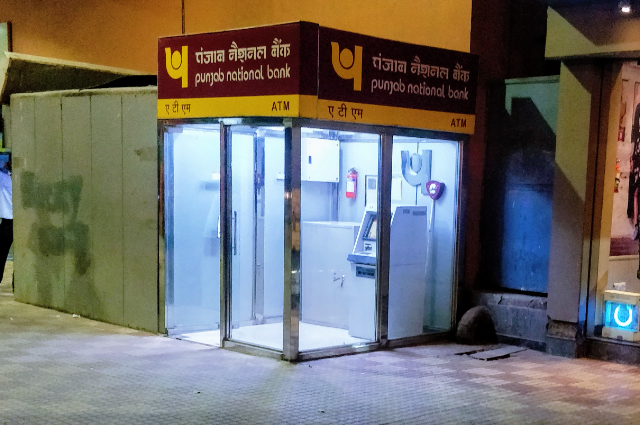In the realm of finance, where trust is the currency, what happens when the custodians betray it?
The year 2018 witnessed a seismic shock in the Indian financial landscape — the Punjab National Bank (PNB) Scam. At the heart of this scandal lay a complex web of fraudulent transactions, orchestrated by key players within the bank. The modus operandi involved the issuance of unauthorized Letters of Undertaking (LoUs), enabling high-profile individuals and businesses to obtain credit from overseas branches of Indian banks.
The perpetrators, including prominent jeweler Nirav Modi, took advantage of systemic vulnerabilities and connived with PNB officials to execute transactions totaling billions. The revelation of this fraudulent scheme sent shockwaves through the financial sector, prompting a closer examination of regulatory oversight, internal controls, and the ethical framework within financial institutions.
The question that echoed through boardrooms, regulatory agencies, and public discourse was: How did such a colossal scam unfold within the confines of one of India's largest public sector banks? The answer revealed not only the intricacies of financial machination but also the erosion of ethical standards within the organization.
In response to the unfolding crisis, investigative agencies swung into action, uncovering the layers of deception. The involvement of PNB officials in facilitating the fraudulent transactions laid bare the ethical vacuum within the organization. Collusion, compromised integrity, and a lax organizational culture converged to create an environment ripe for exploitation.
As the scandal unfolded, it became evident that this was not just a financial transgression but a breach of the sacred trust that individuals and institutions place in the guardianship of banks. The PNB Scam, therefore, demanded a thorough examination not only of the mechanics of the fraud but also of the ethical underpinnings that permitted its occurrence.
This essay embarks on a journey to dissect the anatomy of the Punjab National Bank Scam, exploring the ethical dimensions that allowed it to transpire. Beyond the financial losses, the erosion of public trust, and the regulatory fallout, the scandal underscored the urgency of fortifying the ethical foundations of financial institutions. Why explore this topic? Because in the aftermath of such transgressions lies an opportunity for introspection, reform, and a collective commitment to uphold the integrity that is paramount in the realm of finance.
Anatomy of the Scam
The first layer peels back the surface of the Punjab National Bank Scam, dissecting the modus operandi employed by the perpetrators. It examines how loopholes in the system allowed for the unauthorized issuance of Letters of Undertaking, exposing the fragility of the existing safeguards.
The Ethical Vacuum
Delving deeper, the second argument scrutinizes the ethical void that facilitated the scam. It explores instances of compromised integrity, collusion, and the erosion of ethical values within the organizational culture. This ethical vacuum not only emboldened the wrongdoers but also undermined the trust that stakeholders place in financial institutions.
The Cost of Compromise
The third argument zooms out to assess the consequences of the scandal. Beyond financial losses, it explores the erosion of public trust, regulatory scrutiny, and the broader impact on the economy. The cost of compromise extends far beyond the balance sheets, affecting the very foundations of a robust and reliable financial system.
In conclusion, the Punjab National Bank Scam serves as a cautionary tale, urging a reevaluation of the ethical landscape within financial institutions. The main arguments converge to emphasize that ethical lapses are not isolated events but can have far-reaching consequences.
While this article provides a comprehensive analysis, it acknowledges the evolving nature of financial crimes. The scope for further study lies in exploring emerging threats, technological interventions, and evolving ethical frameworks to stay ahead of potential pitfalls.
"Can a financial system devoid of ethical moorings truly weather the storms of economic uncertainties?"
As we commemorate the anniversary of the Punjab National Bank Scam, this question resonates, urging stakeholders to introspect, fortify ethical defenses, and ensure that the shadows of scams and scandals find no refuge within the corridors of financial institutions.

